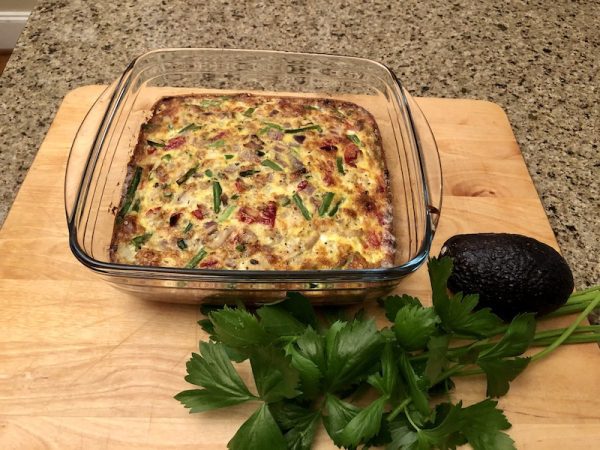Nourish your Brain, Boost your Mood
The foods you eat impact the structure and health of your brain. It is the most complex organ in your body — home to tens of billions of neurons and cells. It uses 20-percent of everything you eat. Give it plenty of good fuel to maintain concentration throughout the day.
Your brain also requires certain nutrients to stay healthy. When it doesn’t get enough of these essential nutrients, your cognitive function, mood and overall brain health will suffer. Nutritional deficiencies such as vitamin B12, B9 and zinc, can cause symptoms of depression and dementia — low mood, fatigue, cognitive decline, and irritability.
A food lifestyle rich in brain food can help you
- reduce the risk of depression and anxiety
- improve mental fitness and brain health
- reduce risks of Alzheimer’s and cognitive decline.
A quick look at these brain essential nutrients and their benefits.
| Brain Essential Nutrient | Benefit |
| Folate (Vitamin B9) | Helps create new cells |
| Iron | Builds hemoglobin, a protein in red blood cells that transports oxygen from your lungs to your brain. |
| Omega-3 fatty acids | Builds and repair brain cells |
| Magnesium | Helps regulate several important neurotransmitters, including those that facilitate mood |
| Potassium | Needed for every electric impulse that travels along a neuron |
| Selenium | Helps create powerful antioxidant in your brain and is necessary for proper functioning of the thyroid gland which is involved in regulating mood, energy, and anxiety |
| Thiamin (Vitamin B1) | Fundamental to your brain health because of its role in energy production |
| Vitamin A | It is linked to neuroplasticity – your brain’s ability to grow and adapt in response to the environment |
| Vitamin B6 | Plays a pivotal role in brain development and function |
| Vitamin B12 | Vital for production of mood-regulating brain chemicals serotonin and dopamine; helps, transmit signals more efficiently and effectively across brain cells |
| Vitamin C | antioxidant that can counteract damage caused by free radicals in your brain cells |
| Zinc | helps to regulate your brain signaling and neuroplasticity |
Bottom line: You can choose the building materials you provide your brain
What to do?
Always aim to first get your nutrients from whole foods from nature. The power is in the synergy, they way the work together with other nutrients in food, rather than supplements only. Mix and match from your favorite foods in these brain nutrient-rich food categories.
- Leafy greens and cruciferous
- Rainbow vegetables and fruits
- Seafood and fish
- Beans, nuts and seeds
- Sustainably sourced meat, poultry, eggs
What will you feed your brain today?
Recipes ideas
4 Nutrient Dense Breakfast Casseroles – Color My Food

Sheet pan dinners – Cooking Classy

15 Healthy Buddha Bowls – Fit Food Finds
Mix and Match Stir Fry Recipes – Fannetastic Food
For More Empowerment
Brain Food – Scientific American
Eating with Mental Health in Mind – Mental Health America
Eating for Your Neurotransmitters – Deanna Minich
References
Ramsey, Drew. (2021). Eat to beat depression and anxiety. New York, NY: HarperCollins.
